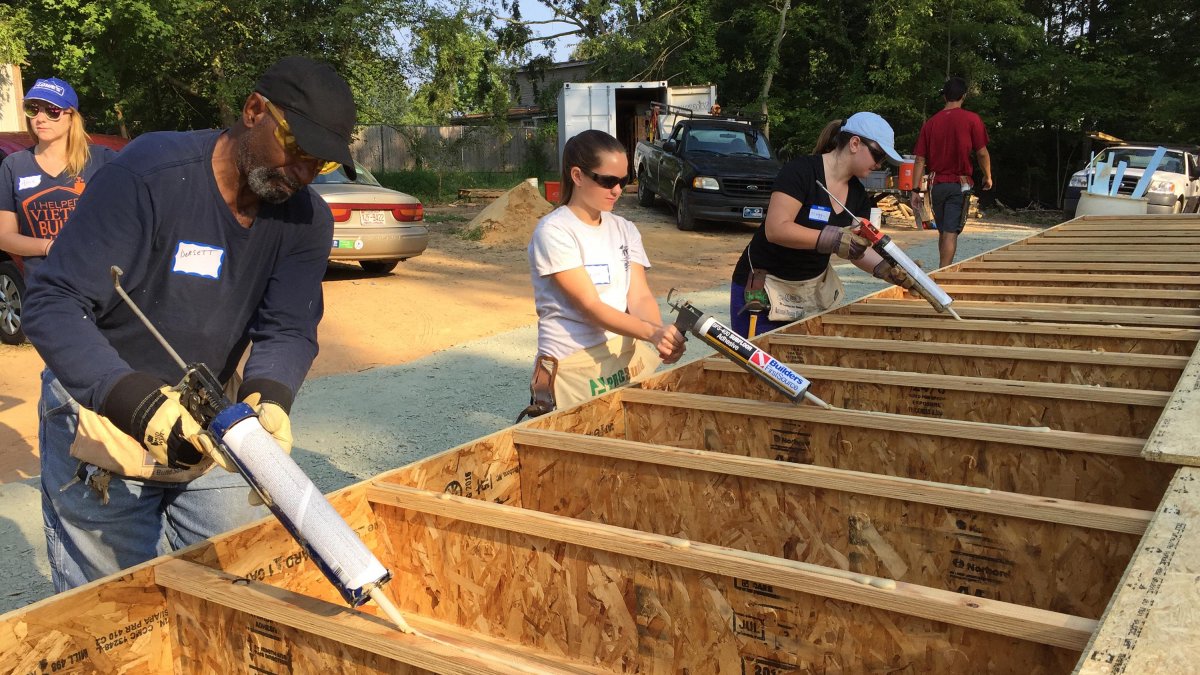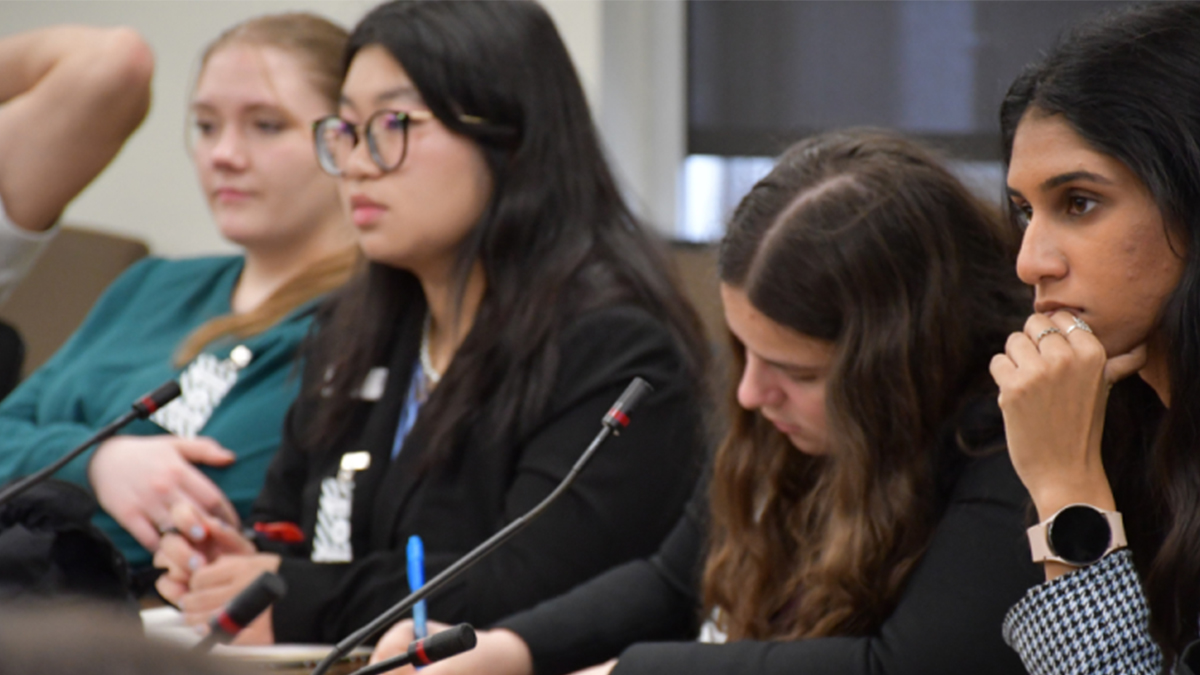Building on history
Heels for Homes seeks to build as many as 10 homes and complete repairs to 25 existing homes in Northside, the largest African-American community in Chapel Hill.

The Northside community – 188 acres north of Rosemary and west of Columbia streets – has long been the largest African-American community in Chapel Hill.
Originally called Potters Field, it was established more than 100 years ago as a home within easy walking distance of campus for University employees, workers who built the stone walls that surround the campus and hauled water from the Old Well to student dorms.
The jobs have changed over the years, but that fundamental tie between the residents of Northside with the University has not. Northside residents continue to work at the University today. Now, thanks to a new project with the UNC Habitat student club and Habitat for Humanity of Orange County, members of the Carolina community will be going to work with the people of Northside in the coming year.
Heels for Homes seeks to build as many as 10 homes in Northside and complete repairs to 25 existing homes, said Susan Levy, Habitat for Humanity’s executive director.
The project, Levy said, is part of a broader, grassroots effort to strengthen the ties between the University and the neighborhood, which received a huge boost a year ago with the launch of the Northside Neighborhood Initiative.
Partnering with the town of Chapel Hill and two local nonprofits (Self-Help, a Durham-based community developer, and the Jackson Center for Saving and Making History) Carolina made a $3 million, 10-year, no-interest loan that provided funding to establish a “land bank” as properties in Northside became available.
Several of the properties acquired for Heels for Homes were made available as a result of that initiative, Levy said. The town of Chapel Hill donated several other properties, and Habitat acquired several properties on its own.
“It has really been a wonderful collaboration between the people of Northside and a growing list of community partners,” Levy said. “I get goosebumps thinking about it.”
These current or retired employees who work at the University and have ties to the neighborhood have been approved for Habitat homes:
Odessa Wilson, who is now retired, spent her career in physical, occupational and speech therapy at Carolina while living in Northside. Wilson lives with her daughter, Jocelyn, in an apartment that is too small for Jocelyn’s wheelchair.
Poe Htooand Eh Paw, housekeepers at The Carolina Inn, live in Northside with their three children. Both Poe Htoo and Eh Paw fled from Myanmar to escape political persecution. They met in a refugee camp in Thailand while picking corn.
Barbara Whitmore grew up in Northside and retired from UNC Health Care after working 30 years as a switchboard operator. She is excited about moving out of an apartment and into a home where she can decorate, paint and hang up pictures.
Nan Say The Hler Aung and Saw Ae Htee Kung Aungwork as chefs for Carolina Dining Services. The Malaysian couple and their four children currently live in a small, three-bedroom apartment in Northside.
Valinda Baldwin has worked at Carolina Dining Services the past three years. Baldwin’s family has lived in Northside for generations, and she is excited about moving back with her two children.
Thein Oo has worked as a housekeeper at UNC for four years. He and his wife, Lew Eh Paw, are from Myanmar and met at a refugee camp in Thailand. They have two children, 5-year-old Chit Ku Oo and 1-year-old Chit Su Oo.




